Informal governance
The body which doesn’t appear in direct policy making, governance, law formulation but have an indirect impact on the issues are informal governance. It cannot be seen easily as influential factor but have a huge impact and saying on governance.
Who are informal rules
- UN (United nations), IMF (International Monitory Fund), IFC (International Finance Corporation), UNDP (United nations Development Program), UNICEF (United Nations Children’s Fund), WHO (World Health Organization), NGO (Non Government Organization), INGO (International Non Government Organization) etc.
- Foreign diplomatic mission to promote their interest and have some influence
- Human right watch, refugee bodies, Red cross, environmental body etc.
Informal governance in Nepal
- Active for conflict management and transition period
- Active in local political issues
- Active in social development, economic development, social mobilization
Governance by civil society
Civil society is a non profit, free and fair group. It can be a formal organization or informal group. Civil society concerns itself with alerting government, helping state, praising good work of government and criticize bad moves. Civil society are generally professionals with reputation in their field. Some members of civil society includes
Professionals: Doctors, Engineers, lawyers, Journalist, professor, teachers etc.
Pressure groups: human rights watch, consumer groups, professional groups etc.
Informal groups: Historian, geographer, environmentalist, educationist etc.
Social organization: Red cross, Rotract, Lions and Leos, mother’s group etc.
Why civil society?
- Work on public interest, voice public concerns
- Consult, pressure and cooperate with government for policy formulation
- Alert about social problems, find the cause and inform concerned authority for solution.
- Public awareness campaign in matters like election, environment, health etc.
- Public mobilization for civil rights
- Unite against social evils and work on eradicating them
- Promote consumer rights, peace and security, anti corruption campaigning, public awareness campaign etc.
Positives of civil society
- Concerns itself with public interest and creates awareness
- Active from central level to local levels
- Active in promoting awareness and civil education
Negatives of civil society
- Increasing political affiliation
- Donor driven and opaque operative mechanism
- Increasing trend of forming civil society group to fulfill vested interest.
Local Governance
It is a form of public administration which in a majority of contexts, exists as the lowest tier of administration within a given state. Local bodies are the bottom level of governance and are very close to the community. It is the foundation of democracy. Local bodies are represented by elected officials and privy to information about public concerns and wants.
Why local governance?
- Foundation of democracy and true representation of public
- Identify local needs and work on fulfilling that with public participation
- Increase efficiency of service delivery
- Increase ownership of locals on developmental process
- Improve life of local peoples
- Sustainable way of development
- Develop local leadership
- Help state’s development via local development
What are local bodies
- District development committee, Village development committee, consumer groups, Tol Sudhar samiti etc.
- Lions, rotary, local clubs, youth groups, women group etc.
Local governance in Nepal
- Decentralization method is adopted
- Local Self Governance Act 2055 has formed DDC, metropolitan and VDC
- Autonomy provided to local bodies regarding development efforts and service delivery
- Local representatives are directly or indirectly selected by people
- Public right is protected regarding project identification, implementation and ownership
- Mobilize local resources, collect tax, natural resources use are authorized.
- Administrative function by local bodies
- Policy to mobilize local consumer group in development process
Impact of local governance
- Increase public awareness about their role in development
- shifting of central power to local bodies
- Democratic way of operation and leadership development
- Increased public participation in development
- Decrease workload in central administration
- Social engagement
Pre-requisite for good local governance
- Periodic local body election
- Institutional improvement of local bodies and central body
- Commitment to hand over power to local authority
- Encouragement for public participation
- Policy and rules to operate local bodies
- empowered community groups
Problems of local governance in Nepal
- Political vacuum in local level
- Lack of political exercise
- Lack of leadership development and local capacity
- Lack of ownership from locals
- Problem in mobilizing local resources
- Increased corruption and monopoly
- Monitoring and evaluation is weak
Cooperative governance
Cooperative is an autonomous association of person who voluntarily participate for the mutual social economic benefit. It is a non profit community base organization. Corporate interest has no place here and any benefit obtained by community effort are shared to the community itself.
- It operates on the theory of democratic socialism
- It strengthen “economic democracy”
- Promotes entrepreneurship
- Works on social mobilization and operates on the mantra of common effort for each and individual effort for all.
- Develops corporate culture
Values of cooperatives
- self help
- Equity
- Self responsibility
- Equality
- Democracy
- Solidarity
Seven principles of cooperative
- Voluntary and open membership
- Democratic member contact
- Economic participation by members
- Autonomy and independence
- Education, training and information
- Cooperation among cooperatives
- Concern for community
Cooperatives in Nepal
- 2013 BS, Bakhan Sahakari Sanstha
- Traditionally we had Guthi, Bhakari etc
- Training center for cooperative sector
- Periodic plan’s acceptance of cooperative as a pillar of economy.
Positives
- Large population under cooperative net
- Means of capital formation
- Means to fulfill needs of local with limited income
- Entrepreneurship development
Negatives
- Most are working as a banker than cooperative
Corporate governance
Corporate governance is the system of rules, practices and processes by which a company in directed and controlled. Corporate governance is a term that refers broadly to the rules, processes or laws by which business are operated, regulated and controlled.
- It involves balancing the interests of many stakeholders in a company which includes shareholders, management, customers, suppliers, financiers, government and the community.
- It influence policy making by contributing to the economy of a state.
- Liberal economy depends on the leading role of private sector and corporate governance.
- Corporate sector is involved in governance via products, distribution, trade, price fixing, price influence, investment, capital mobilization and employment creation.
Requirement of corporate sector
- open and liberal system
- policy, law and infrastructure for business
- corporate ethics
- Enabling environment
- Good relation among government, customers, business owners
Corporate governance in Nepal
- Liberalization after 1990s and open for corporate sector
- Emphasis on private sector led economic development
- Privatization of government corporation
- Industrial and commerce policy – 2049 BS for trade liberalization
- Foreign investment policy – 2049 BS for attracting foreign investment
- Opening banking sector and opening of development bank, commerce bank, micro loan company etc.
- Foreign currency transaction open to private bank along with freedom to fix interest and exchange rates.
- Bank and Financial institution management Act – 2063 BS
- Company Act – 2063 BS
- Corporate investment on infrastructure development
- Commerce policy – 2065, Industry policy – 2067, Tourism policy – 2065
- WTO (World Trade Organization), BIMSTEC (The Bay of Bengal Initiative for Multi-Sectoral Technical and Economic Cooperation) and other regional and international membership to promote trade liberalization
- Import policy, consumer right protection act.
- Active in providing policy input or feedback to government
Weakness
- Lacks environment political or otherwise
- Lacks corporate culture
- Foreign investment not attracted
- Poor employer employee relation
- Lacks corporate ethics
- lacks significant contribution to economy
- Low investment, low production, lack market expansion, low employment creation
United Nations Organization
- Established on October 24, 1945
- Head office at New York, USA
- 193 members (as of 2015)
Objectives
- World peace
- promote friendly relation among member states
- Help in sectors like economy, social, cultural and human development
- Human right promotion and freedom
Theories
- Sovereignty of all states
- All members committed to UN charters
- Peaceful resolution of conflict
- Protect territorial integrity of all nations
- Countries should help UN in its work and not act against its charters
- UN will not interfere with internal matters of nations.
UN Bodies
- General Assembly: All countries are members in general assembly, meets every year, works in international peace, two third majority to amend charter, passes UN budget and programs.
- Security council: Powerful unit, 15 members (5 permanent members US/UK/China/Russia/France and 10 temporary members with two year term), solves international conflict, recommend action for promoting peace, solve international conflict through peaceful means
- International court of Justice: 15 judges, solves disputes among nations, defines international convention and treaties, legal council to UN bodies
- Economic and social council: 54 members, 3 years term for members, one third member changes every year, works on social/cultural/educational/scientific sectors development, works on human right promotion
- Trusteeship council: Resolves colonial problems (now inactive)
- Secretariat: UN administrative unit, secretary general as leader, implements budget and program of general assembly
UN institutions
- UNDP (United Nations Development Programme), UNICEF (United Nations Children’s Fund), FAO (Food and Agriculture Organization), UPU (Universal Postal Union), ICAO (International Civil Aviation Organization), IMF (International Monetary Fund), World bank, ILO (International Labour Organization), IFC (International Finance Corporation)
- works under UN’s umbrella and implements UN policies and decisions
Governance by UN
- Works on world peace and mediate in conflict between member states
- Suggestion to member state for peace promotion
- Help to promote human rights in member states and creates pressure if necessary
- Uses ICJ (International Court of Justice) to prosecute states violating international treaty and convention
- MDG (Millennium Development Goals) formulated to help underdeveloped countries
- Help financially via World bank, IFC (International Finance Corporation) and IDA (International Development Association)
- Humanitarian work via FAO (Food and Agriculture Organization), WB (World Bank), UNDP (United Nations Development Programme) etc.
- Disarmament effort, environment conservation, peace keeping etc.
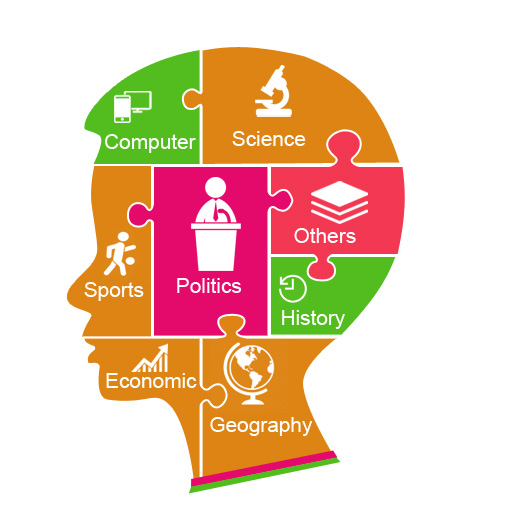
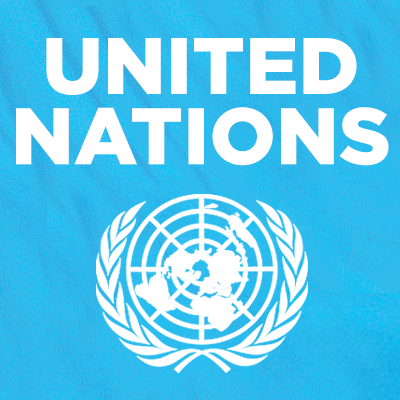


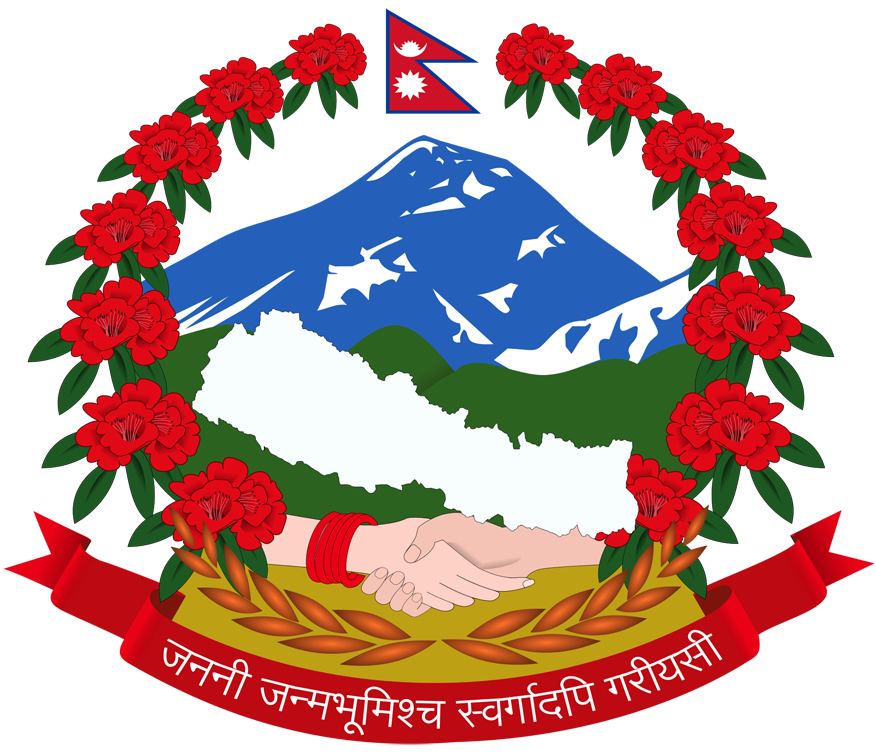



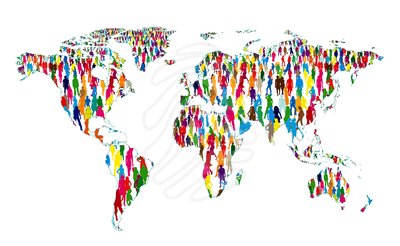

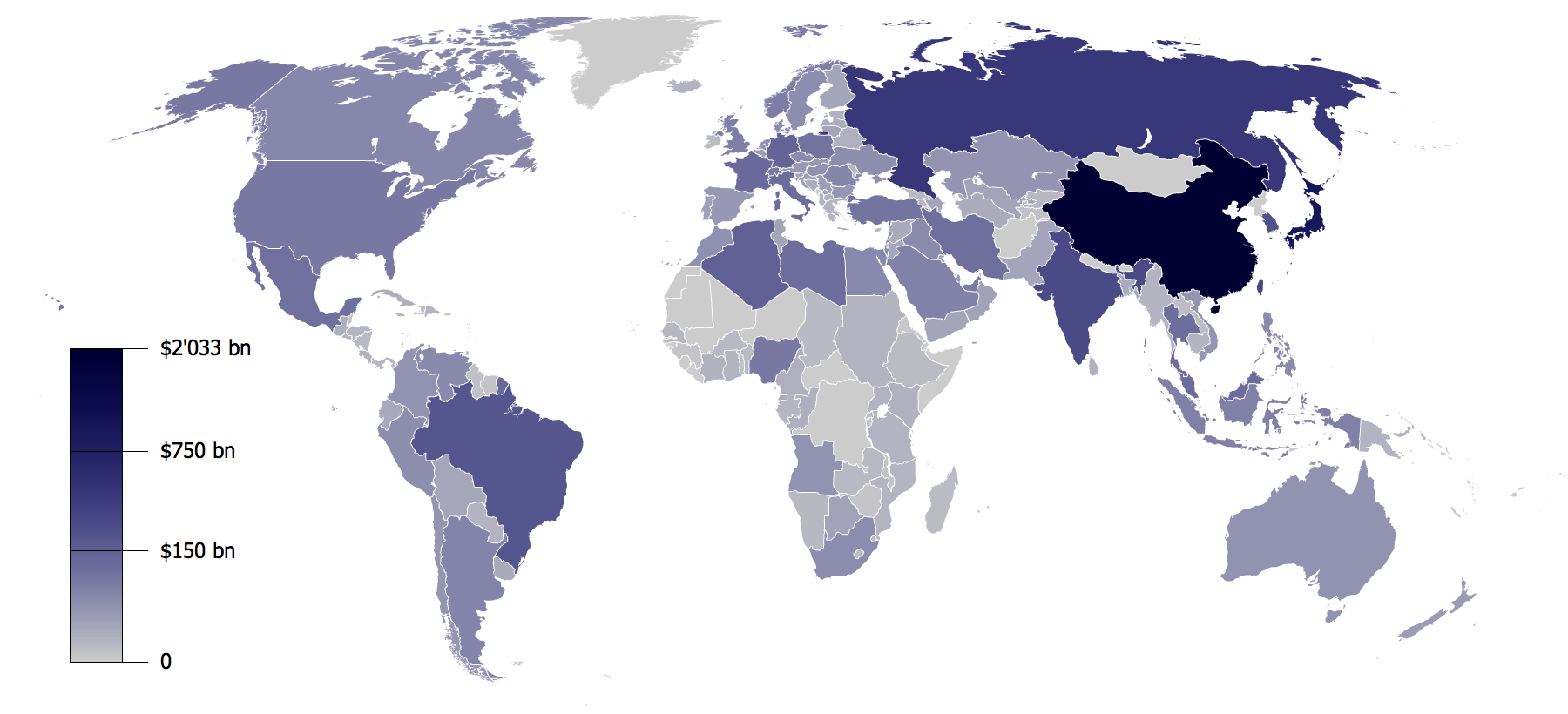
Please,solution of loksewa model question of governance system and contemporary issuesis needed to develop the idea to attempt the written exam for those papers.
Please keep new public governance, co-governance and co-production of public services and Global governance, Innovative state.
How long time is needed for a fresh candidate to prepare in 2nd and third paper? Any one else. Any friend preparing with English notes?